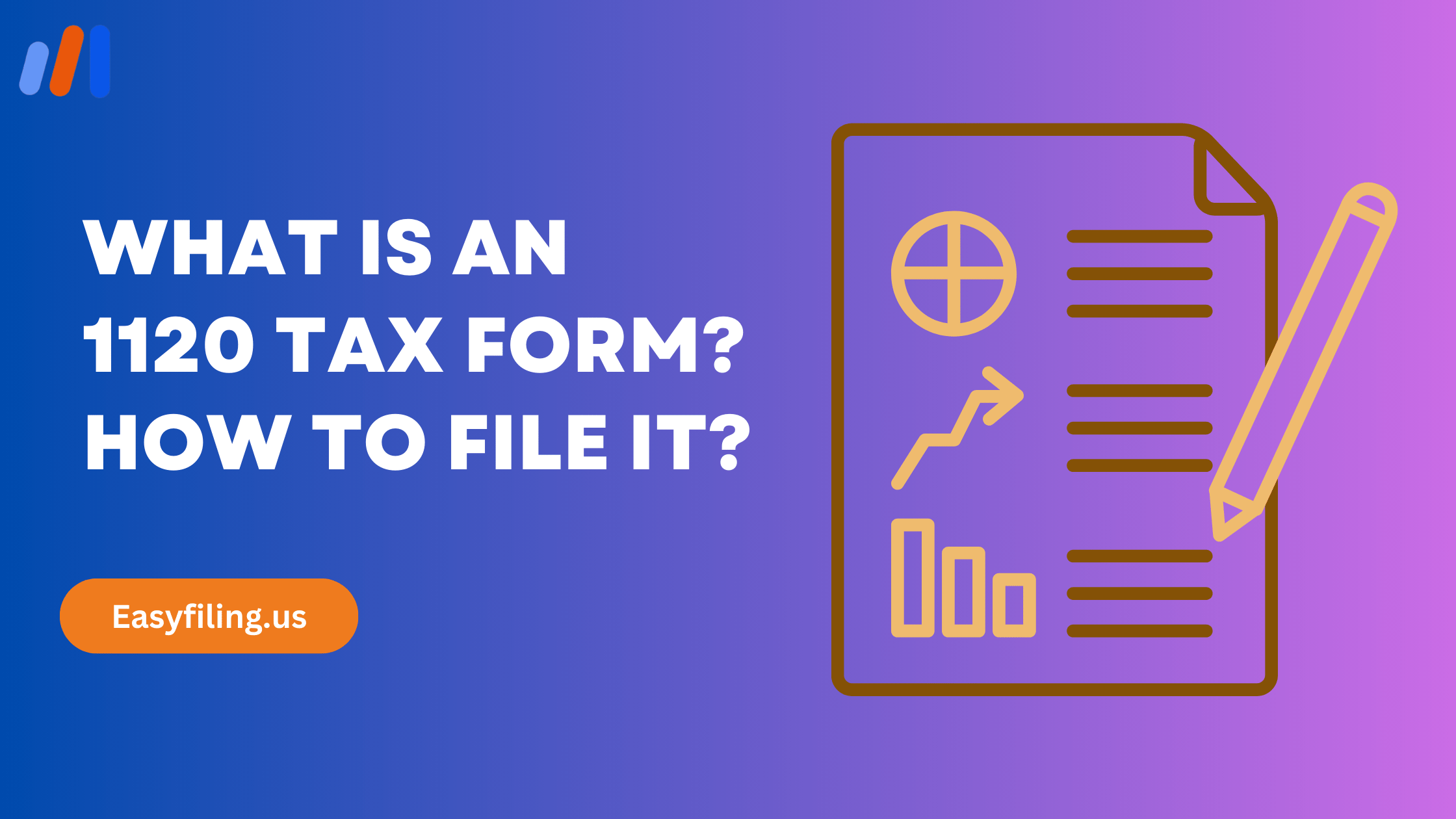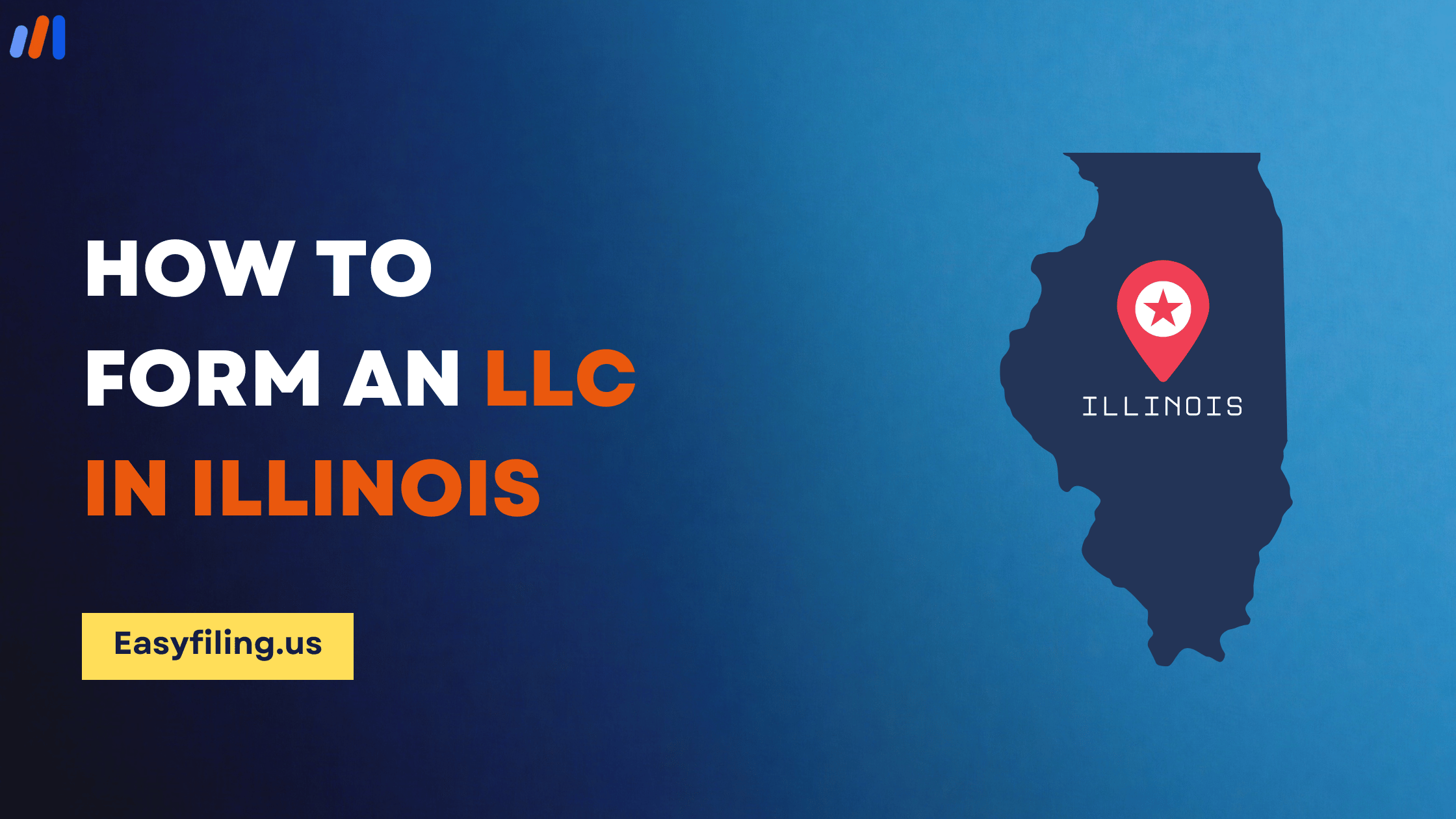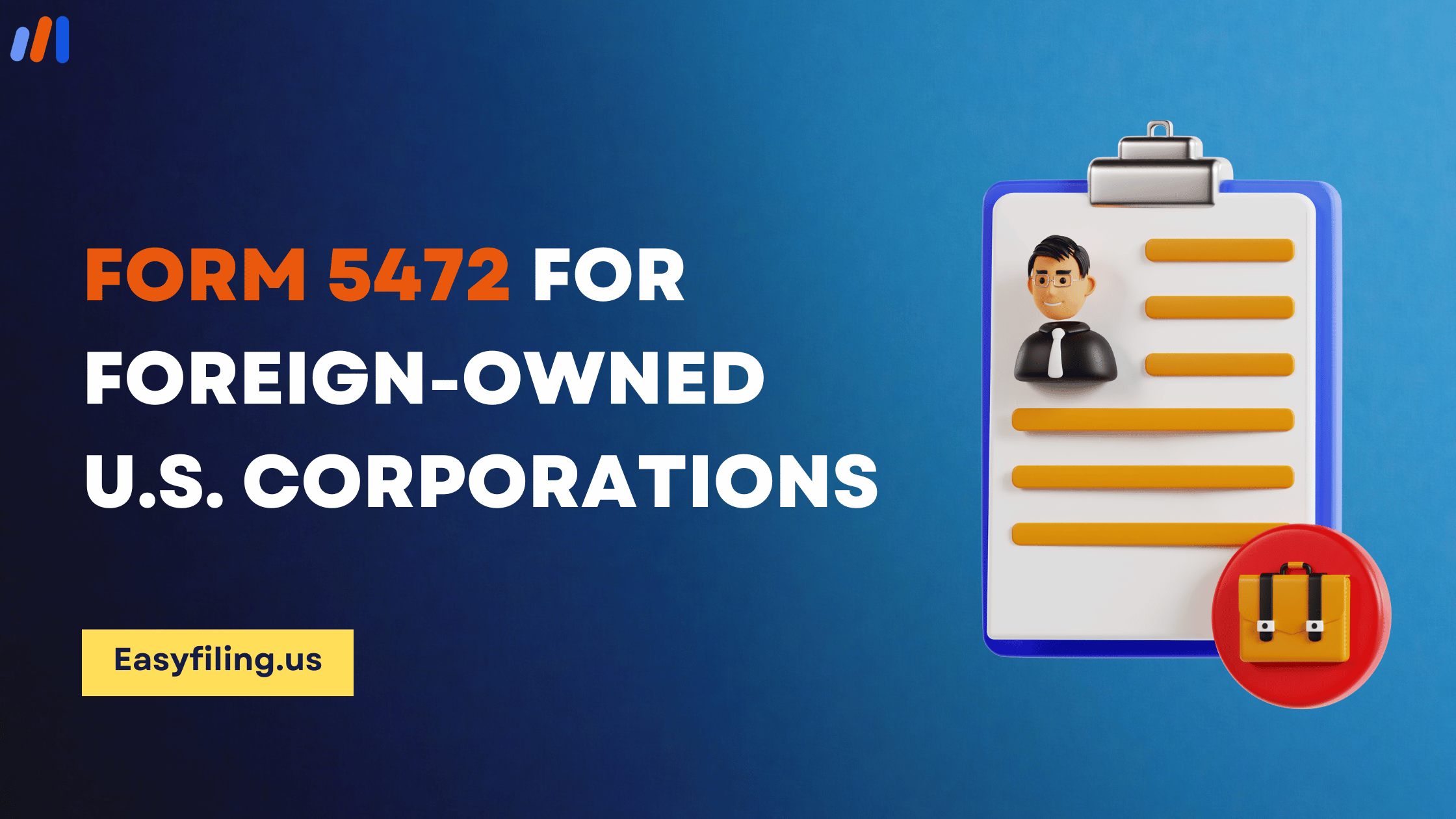Are you thinking of starting a business in the UK marketplace? The law of the United Kingdom encourages and motivates entrepreneurs, all over the world. Starting a business in the UK includes navigating different key aspects to ensure legal compliance and successful establishment.
In this article, we will guide you through the business structure of the UK, types of business structures in the United Kingdom, taxation, administration, and why UK businesses can be profitable prospects. But before that let’s discuss why starting a business in the UK.
Why Start a Business in the UK
Did you know that the UK is one of the most welcoming and business-friendly countries in the world for entrepreneurs, motivating them to start up businesses?
Different global companies that have expanded into the UK have unique opportunities for a rich and diverse customer base. Different companies based in the UK get exposed to more than 500 million customers making the UK the most profitable destination to form a business. As the UK has one of the strongest economies and stable business environments, it provides a strong foundation for business entrepreneurs across the world.
With its strong trade relationship, the UK offers access to a large market diverse consumer market, and global trade opportunity. With London being the leading global financial center, The UK possesses a highly developed financial infrastructure. The UK exposes businesses to exciting and growing regions, making it an attractive island nation for expanding global companies.
Types of Business Structure in the UK
Before forming a company in the UK, it is crucial to take time and consider how your business is going to function. There are a variety of different business structures in the UK, and you’ll need to choose the right one that most closely fits your company’s structure. Here are different types of structures you can choose from based on your needs:
Sole trader (self-employed)
The sole trader is one of the most common business structures in the UK, with its own legal and tax requirements, benefits, and downsides. It is also the simplest entity in the UK, as your finances are not separate from your business factors. This means that you will be liable for all the business’s financial problems, losses, and taxes. After you have paid your taxes, you can keep all of your business profits.
Freelancers in the UK are also classed as solo traders. To work as a freelancer in the UK, you need to register yourself as self-employed. Individuals who choose to become sole traders are usually small businesses, retail outlets, and artisans.
Partnership
With a partnership, you’ll enter into business with one more partner, which means taking joint responsibility for running the business, liabilities, profits, and losses. Partners must manage their tax affairs. Partnership business structures have similar duties to sole trade structures with the exception that you have one or more business partners.
A partnership business structure can work well when two like-minded individuals share an idea that could generate revenue, this can help spread the risk of a new business across multiple people rather than a single business owner.
Limited liability partnership
An LLP(Limited Liability Partnership) is a structure that includes partners who are not accountable for a company’s losses that were the result of another partner. This means each member pays tax on their share of the profits but is not personally liable for any obligations the business cannot pay.
This is an important structure for businesses that have partners who work independently while contributing to the overall business. Manufacturing companies use the LLP (Limited Liability Partnership) structure frequently.
Limited liability company
An LLC (Limited Liability Company) is a perfect choice for smaller businesses, as it can protect owners from personal liability in the event of business losses. An LLC (Limited Liability Company) is legally separated from the owner and directors. If you have an LLC, which is limited by shares, you can keep or reinvest any profits after tax.
If you are looking to establish your business as an LLC, you can create a written agreement that lays out the framework of your company, also it is important to include any management information, the assignment of interest, and paperwork that establishes how you intend to oversee profits and losses in the agreement.
Who can start a business in the UK?
There is no restriction on the nationality or location of either the directors or shareholders while forming a limited company in the UK. A non-resident can also be a director of a UK limited company. Likewise, they can also become a shareholder of a UK Limited company, or can also be both.
Besides that, European nations do not require any special permission to start a business in the UK (except for residents from Bulgaria and Romania). If you are not sure, you can start a business in the UK with the help of Easyfiling who can advise based on specific individual circumstances.
Benefits of starting a business in the UK
Doing Business in the UK offers a range of benefits for global companies. It includes its strong economy, supportive business environment, global connections, and many more. Whether you are living in the UK, or you are from overseas, here are a few benefits that might answer your question about why the UK might be the best destination for you to build a successful business:
Skilled workforce
As home to the world’s oldest and top universities, the UK has a highly educated and skilled workforce, with 44% of the population between 21-64 holding university certificates. There are more than 30 million workers in the labor market, making the UK one of the largest pools of skilled workers. Due to its immigration system, which is based on a points system and meritocracy, there are highly skilled foreign employees in the UK, making it a great place to explore other countries’ cultures as well.
Strong Economy
The UK has a strong and diverse economy. The UK offers businesses a large and highly developed economy. The UK has the fifth-largest economy in the world, making it an attractive spot for entrepreneurs willing to set up a business. Besides that, the UK has a highly developed infrastructure, making it easy for businesses to transport goods and services between different parts of the country.
Taxation laws
The UK has one of the lowest corporate tax rates, making it an attractive place for businesses to operate. The UK has a corporation tax rate of only 19%. This can help businesses to keep more profits and invest in their growth. UK tax law makes the country a great place to do business because one of the most difficult parts of establishing an international workforce is navigating complicated tax laws. The UK also offers tax benefits, such as capital allowance, which allows businesses to offset their investment against taxable profits.
Business Support
The UK is ranked among the world’s most business-friendly countries due to its modern infrastructure and supportive business environment. The UK government is committed to supporting businesses and helping them to succeed. This includes grants, loans, funding programs, and tax credits that can be used to start a business. Companies in the UK can be set up in as little as 24 hours, allowing businesses to start trading quickly and effectively.
Easier Access to Finance
When starting a business, access to finance is necessary. The UK offers entrepreneurs several options for accessing the funds required to launch or expand their venture. Businesses in the UK can also apply for grants from the government and various organizations that support entrepreneurs financially.
How to start a business in the UK
As a foreigner in the UK seeking to start up a business, you need to be careful and avoid being scammed when processing your documents. Always be sure to contact relevant bodies or trusted agents who specialize in the area you’re seeking help with.
Before launching your idea for a business as a foreigner in the UK, you need to consider the following steps:
Step 1: Apply for UK visa
If you are planning to start a business in the UK as a non-resident, you should apply for your visa on time to avoid delays in your business formation process. Applying for a visa may seem difficult, however, it is easy with just the right information.
If you are to start a business, the startup and innovator visas are the two visas for entrepreneurs. UK visas are usually declined or granted within three weeks. Once your visa is approved, you can now proceed with the other processes for starting a business.
Step 2: Business Plan and Name
As a foreigner and an entrepreneur in the UK, it is essential to have your business plan ready before starting to set up a business. You will need to provide your business plans while registering your business. Your Business plan might get rejected during registration if it’s not outstanding and up to the UK standards.
Also, deciding on a name for your business is an important part. Before confirming the business name it is important to use a company name checker to make sure your choice is available and is not being used by any other business in the UK.
Step 3: Business Structure
Before setting up a business in the UK, finding out the best business entity is crucial. You can start a business as a Sole trader (self-employed), a Partnership, or Limited liability partnership (LLP), or a Limited liability company (LLC). You should not forget that the legal structure of your business affects the amount of tax you pay.
Step 4: Register Address
If you are registering a business in the UK, you will need an address. This address is where you will receive all the important letters and important documents, and also the authorities will come in the case of an inspection. Locating your business at the wrong address can be hectic and will result in slow or no sales.
Step 5: Register with HCRM (His Majesty’s Revenue and Customs)
You will need to register your UK business with the HCRM (His Majesty’s Revenue and Customs) for tax purposes. Once you have incorporated your business or company, you can process to register with HMCR(His Majesty’s Revenue and Customs). Failing to make your tax payment could result in your business being closed down, which will also affect your stay in the UK.

Conclusion
The UK encourages and promotes entrepreneurship with millions of self-employed owners, sole traders, and freelancers. UK’s combination of offering favorable tax compliance, and business support make it a popular destination for nonresidents to start a business in the UK.
If you are willing to start a business in the UK, there are several factors you should consider. Here at Easyfiling, we can help you with each step of forming a company.
Frequently Asked Questions (FAQs)
Can a non-UK resident start a business in the UK?
Yes, Non-resident can form a business in the UK. There are several procedures one has to go through while forming a UK company.
What will happen if I don’t file a tax?
Failing to make your tax payment could result in your business being closed down, which will also affect your stay in the UK.
File Your LLC Today
25$ off with a coupon
Lock in EasyFiling's transparent rates and get lifetime compliance support at no extra cost.
Get Started Now







